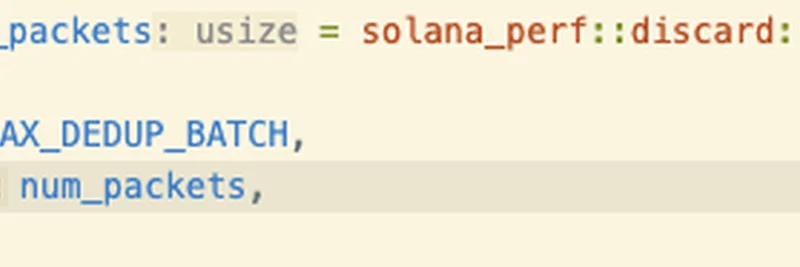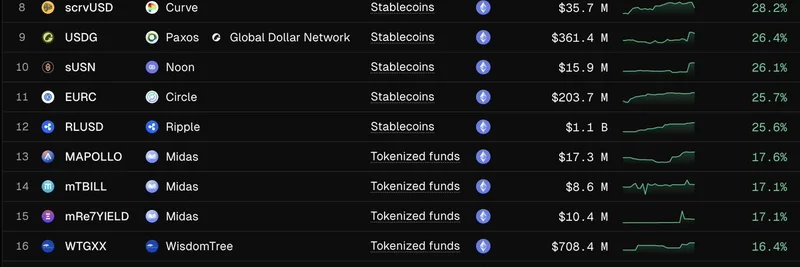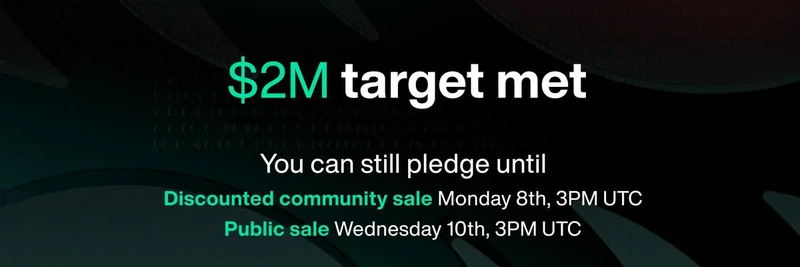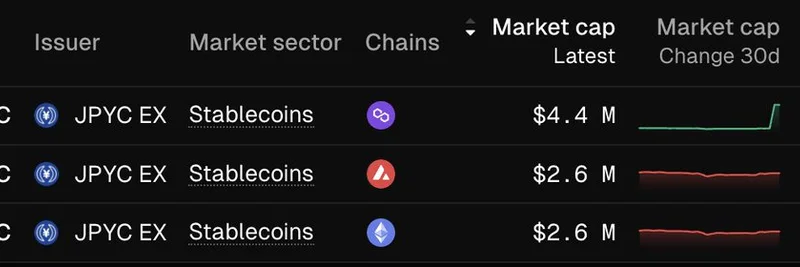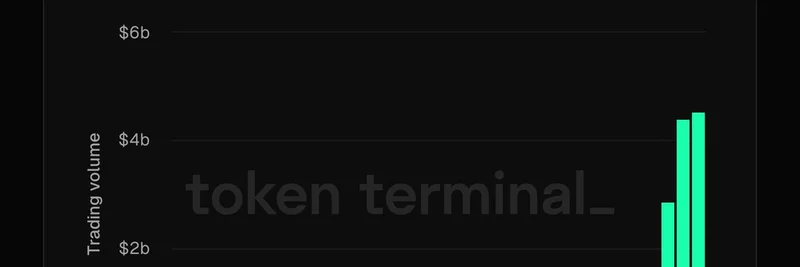In the fast-paced world of blockchain, especially on networks like Solana where meme tokens launch and trade at lightning speed, managing network congestion is crucial. Loadshedding—the process of selectively dropping transactions or packets to handle overload—plays a key role in keeping things running smoothly. But as Max Resnick, Lead Economist at Anza, points out in his recent X thread, it's one of the toughest problems in blockchain mechanism design.
Resnick kicks off his multipart series by breaking down how loadshedding works in the Agave transaction pipeline, Solana's validator client. For those new to the term, Agave is the open-source software that powers Solana validators, handling everything from transaction verification to execution. The pipeline funnels transactions through stages like QUIC/UDP reception, signature verification (sig_verify), banking/scheduler, and finally execution.
Why is this relevant to meme token enthusiasts? During high-traffic events, like a viral meme coin pump, Solana has faced congestion issues where transactions get backed up. Searchers and traders spam the network with retries, exacerbating the problem—exactly the scenario Resnick describes.
The Current Setup and Its Flaws
Resnick explains that loadshedding is tricky because decisions must be made quickly, in nanoseconds, without deep insight into each transaction's value. You can't afford to inspect everything, or you'd slow down the whole system.
As a refresher, here's the Agave transaction flow:
Focusing on the sig_verify stage, which happens just before deduplication via a 2-second rolling bloom filter (a speedy way to check for duplicates without storing everything), Resnick highlights a problematic function: discard_batches_randomly().
When the batch exceeds MAX_DEDUP_BATCH (165,000 packets), it randomly drops some based on local thread RNG. While this doesn't trigger often, it's fundamentally flawed. Imagine calling a busy customer service line that hangs up randomly—you'd just redial repeatedly, maybe even from multiple numbers. That's what happened on Solana during congestion: searchers flooded the network with duplicates, creating more load.
This incentive to spam is a big red flag, especially for meme token launches where timing is everything and bots compete fiercely.
A Smarter Alternative: Proof-of-Work Puzzles
Resnick proposes a better approach: integrate a lightweight proof-of-work (PoW) puzzle into transactions. PoW, familiar from Bitcoin mining, requires computational effort to solve a puzzle, proving you've invested resources.
The idea? Hash the packet and check if it's below a dynamic difficulty threshold, adjusted based on network load. This check is 5-6 times cheaper than the bloom filter and discourages spam—retrying means re-solving the puzzle each time.
It's a simple yet elegant fix that could make the network more resilient without massive overhead. Resnick notes there are about five such loadshedding points in the pipeline, hinting at more posts if interest is high.
Why This Matters for Meme Tokens and Beyond
For blockchain practitioners and meme token traders, improvements like this could mean fewer failed swaps during hype cycles, fairer access, and less frustration. Solana's ecosystem, home to countless meme coins, stands to benefit immensely from refined mechanism design. As Resnick's thread shows, small tweaks in how we handle overload can prevent cascading issues.
If you're building on Solana or just trading memes, keep an eye on Anza's developments—follow Max Resnick on X for more deep dives. What do you think—could PoW be the key to smoother transactions? Share your thoughts in the comments below!
